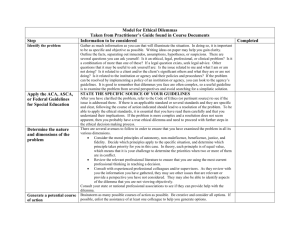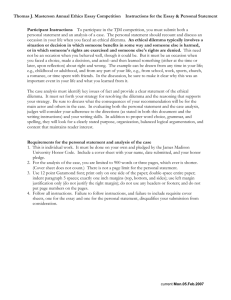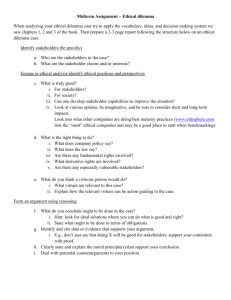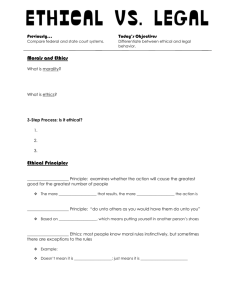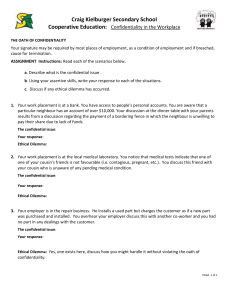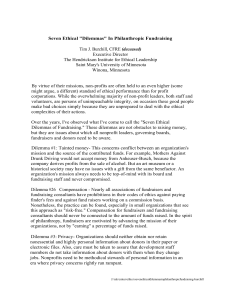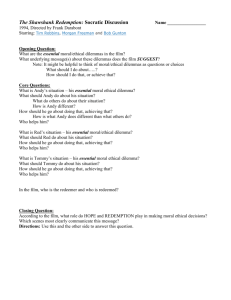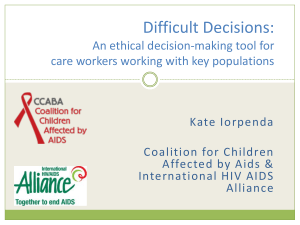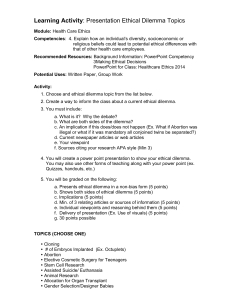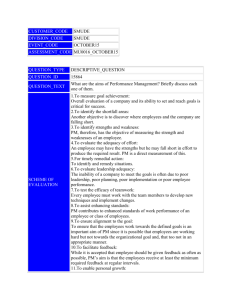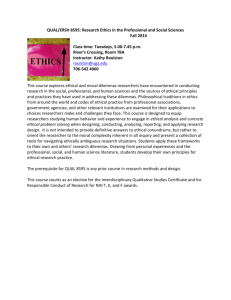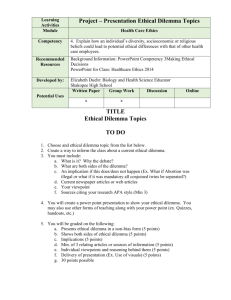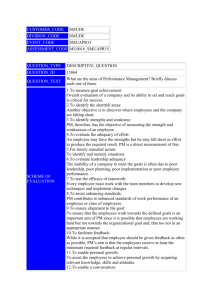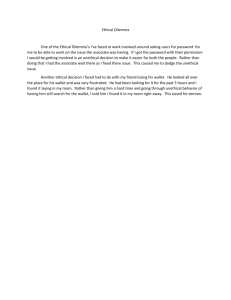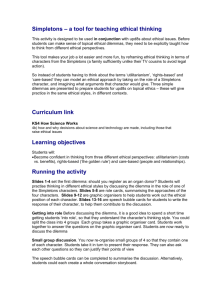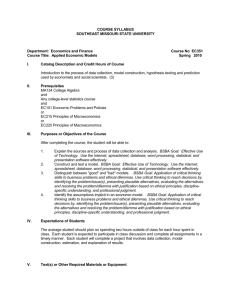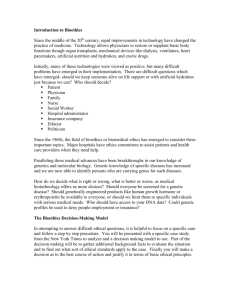The Dilemma Dilemma
advertisement
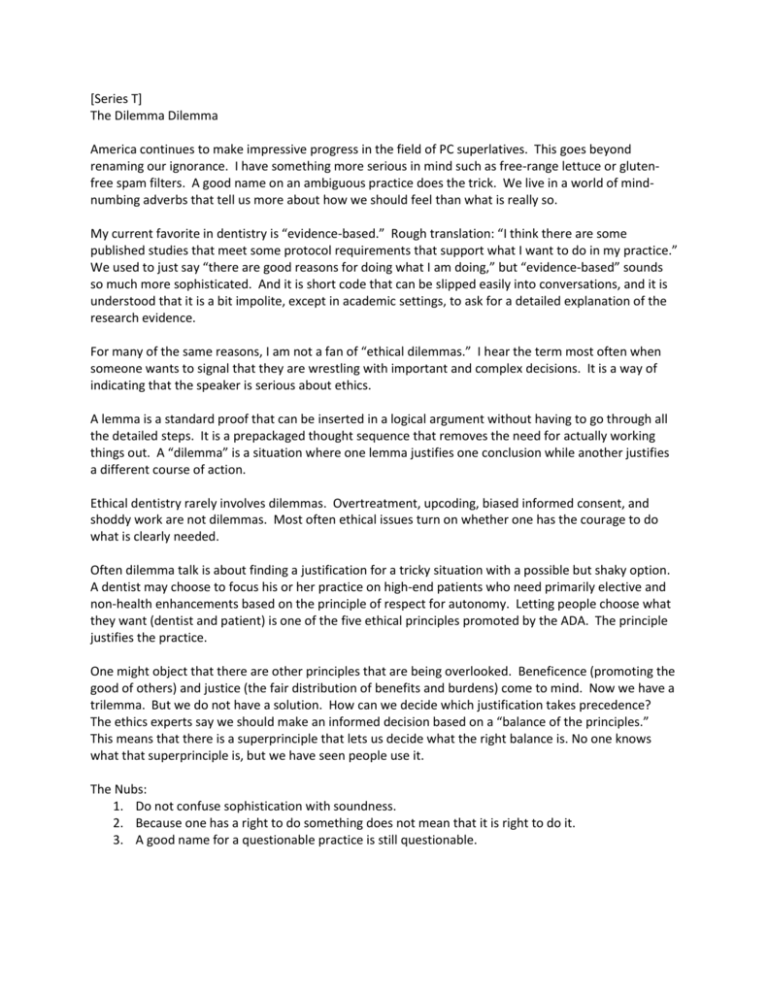
[Series T] The Dilemma Dilemma America continues to make impressive progress in the field of PC superlatives. This goes beyond renaming our ignorance. I have something more serious in mind such as free-range lettuce or glutenfree spam filters. A good name on an ambiguous practice does the trick. We live in a world of mindnumbing adverbs that tell us more about how we should feel than what is really so. My current favorite in dentistry is “evidence-based.” Rough translation: “I think there are some published studies that meet some protocol requirements that support what I want to do in my practice.” We used to just say “there are good reasons for doing what I am doing,” but “evidence-based” sounds so much more sophisticated. And it is short code that can be slipped easily into conversations, and it is understood that it is a bit impolite, except in academic settings, to ask for a detailed explanation of the research evidence. For many of the same reasons, I am not a fan of “ethical dilemmas.” I hear the term most often when someone wants to signal that they are wrestling with important and complex decisions. It is a way of indicating that the speaker is serious about ethics. A lemma is a standard proof that can be inserted in a logical argument without having to go through all the detailed steps. It is a prepackaged thought sequence that removes the need for actually working things out. A “dilemma” is a situation where one lemma justifies one conclusion while another justifies a different course of action. Ethical dentistry rarely involves dilemmas. Overtreatment, upcoding, biased informed consent, and shoddy work are not dilemmas. Most often ethical issues turn on whether one has the courage to do what is clearly needed. Often dilemma talk is about finding a justification for a tricky situation with a possible but shaky option. A dentist may choose to focus his or her practice on high-end patients who need primarily elective and non-health enhancements based on the principle of respect for autonomy. Letting people choose what they want (dentist and patient) is one of the five ethical principles promoted by the ADA. The principle justifies the practice. One might object that there are other principles that are being overlooked. Beneficence (promoting the good of others) and justice (the fair distribution of benefits and burdens) come to mind. Now we have a trilemma. But we do not have a solution. How can we decide which justification takes precedence? The ethics experts say we should make an informed decision based on a “balance of the principles.” This means that there is a superprinciple that lets us decide what the right balance is. No one knows what that superprinciple is, but we have seen people use it. The Nubs: 1. Do not confuse sophistication with soundness. 2. Because one has a right to do something does not mean that it is right to do it. 3. A good name for a questionable practice is still questionable.

